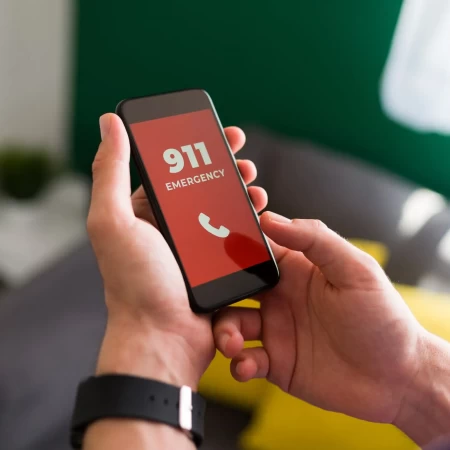

Grammar: Students will learn how to use compound relative pronouns such as "whoever," "whatever," "wherever," "whenever," "whichever," and "however." These will help them form complex sentences applicable in various emergency situations.
Listening: They will improve their listening skills by focusing on a 911 emergency call simulation. Students will learn to identify key information and instructions, crucial for understanding real-world emergency communications.
Speaking: Students will engage in role-play exercises to simulate emergency calls, enhancing their ability to communicate clearly and effectively in stressful situations. This practice will also reinforce their understanding and use of compound relative pronouns in context.
Vocabulary: Vocabulary development will focus on terms and idioms related to emergency situations, such as "first responders," "unconscious," and "pulse check." These terms are essential for discussing and understanding emergency procedures.
Cultural Awareness: Students will explore the function and importance of emergency services in different cultures, including how to appropriately interact with emergency operators and what information is vital during an emergency call.
Homework: Homework will involve exercises that reinforce the use of compound relative pronouns through emergency-based scenarios. Students will complete sentences and match pronouns to their correct usage, apply this knowledge to describe actions in emergency scenarios, and reflect on the correct steps to take during hypothetical emergency situations such as a subway incident.